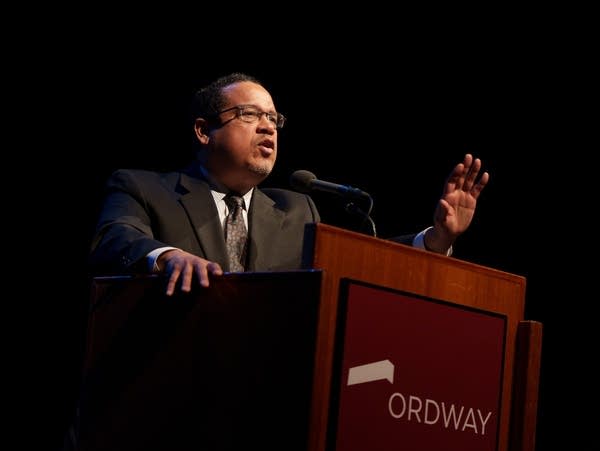Do Allina Health’s alleged billing practices violate MN law? The attorney general is looking into it

Attorney General Keith Ellison talks during the annual Dr. Martin Luther King Jr. holiday celebration in January. He wants to hear from people who have been affected by Allina's billing practices.
Tim Evans for MPR News
Go Deeper.
Create an account or log in to save stories.
Like this?
Thanks for liking this story! We have added it to a list of your favorite stories.


